These are the foods that you should - and should not - refrigerate
Eggs: Yes

Butter: Optional
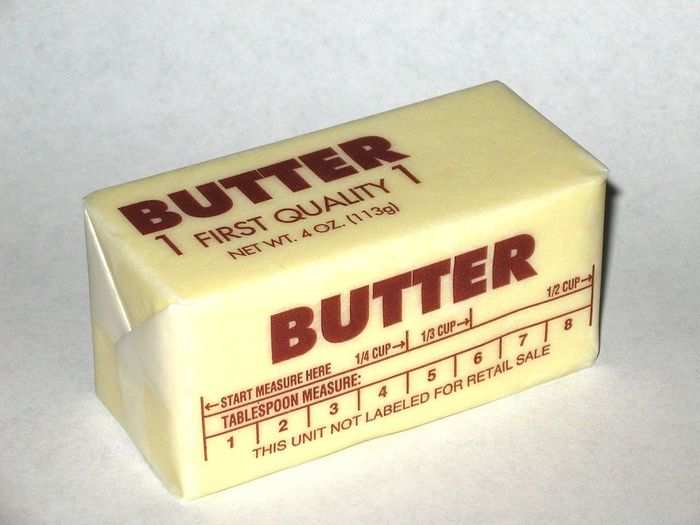
The USDA recommends refrigerating butter, and freezing butter if you're not going to use it within one to two days. But many people keep butter in a covered dish outside the fridge. Since it's made from pasteurized milk, it's less likely to grow bacteria, according to the blog Weblog Care2.
Tomatoes: No
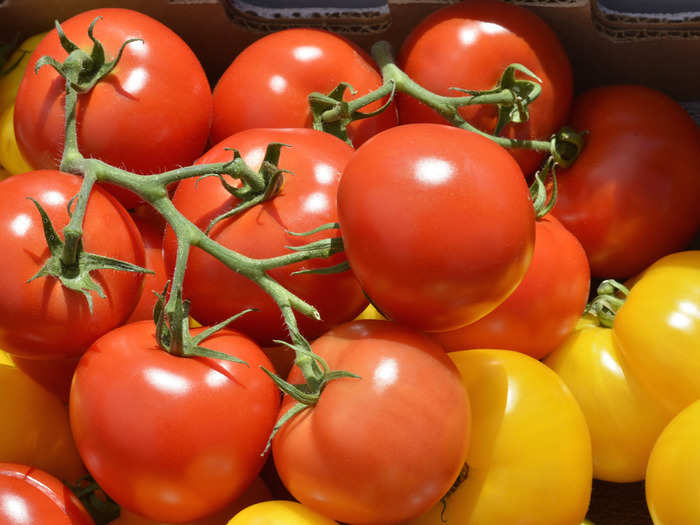
If tomatoes are kept in the fridge, they lose their flavor. That's because the cold air stops them from ripening and breaks down their cell membranes, giving the fruit that characteristic mealy taste.
Cheese: Yes

Some kinds of cheese, especially soft cheeses such as brie or ricotta, should always be refrigerated. Others, such as pasteurized or aged cheeses like Parmesan or Romano, may not need to be refrigerated (but consult package instructions).
Soy Milk: After Opening

Soy milk does not need to be refrigerated before opening, and will last at least a year on the shelf. (The reason it's in the refrigerator aisle at the supermarket is primarily for marketing!) Once opened, soy milk should be refrigerated and consumed within five days.
Onions: No
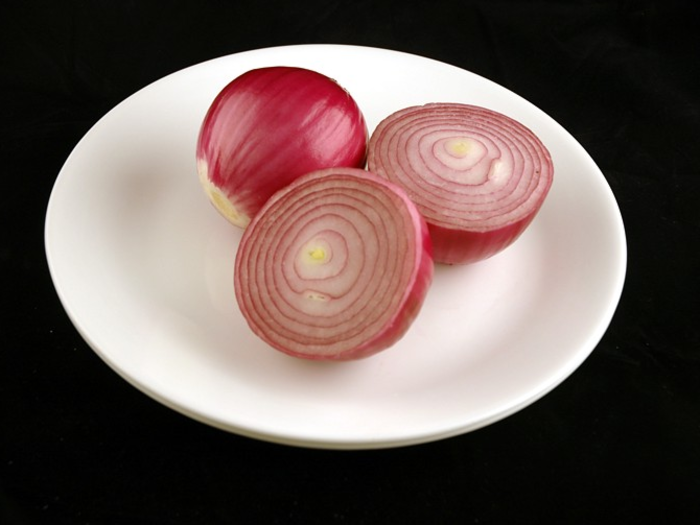
Keeping onions in the fridge makes them go soft and eventually turn moldy, due to the moist environment. Store them in a cool, dry place (but separate from potatoes, because storing them together makes them both go bad faster).
Bread: No

Keeping bread in the fridge will dry it out. If you plan to eat it within four days, keep it on the counter (or in the pantry), otherwise, wrap it up and stick it in the freezer.
Coffee: No

Keep coffee in a cool, dark place, but not in the fridge, because it will lose its flavor and take on the smells of food nearby. You can store large quantities of coffee in the freezer, however.
Basil: No

Basil will wilt and absorb the smells of the food around it if it's kept in the fridge. Better to keep it in a glass of water, like a bunch of flowers. Or you can blanch it and freeze it, according to Martha Stewart.
Honey: No
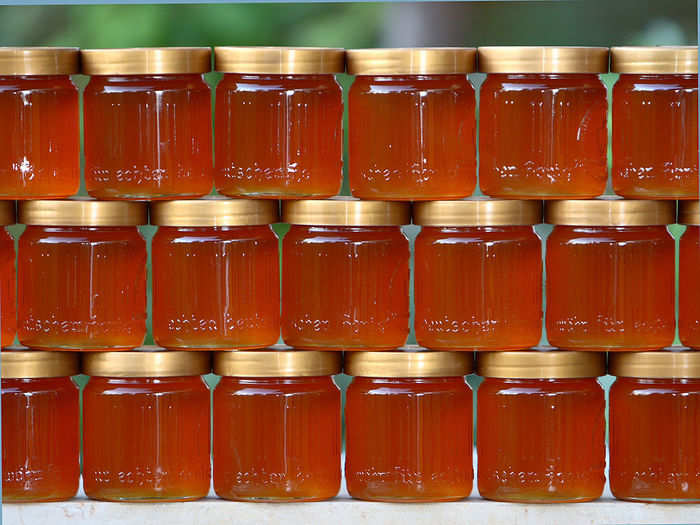
Honey stays good pretty much indefinitely, so there's no need to keep it in the fridge. Besides, the cold will cause it to crystal ize.
Jam/Condiments: After Opening

Jams, condiments, salad dressings, and similar foods can usually be kept in the pantry until opening, but as most of these say on the package, "refrigerate after opening." Pretty straight forward...
Avocados: Not unless they're ripe
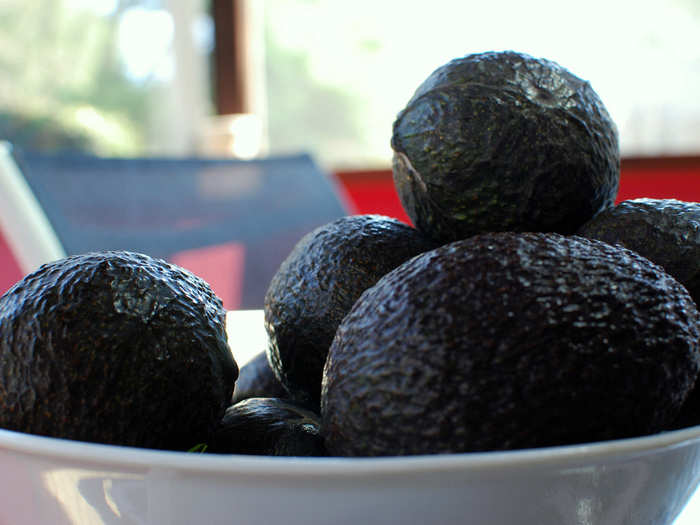
If you want to ripen an avocado, do not put it in the fridge. Store it in a dry, dark place like a paper bag. If it's already ripe though, you can keep it in the fridge to prevent it from over-ripening.
Apples: Optional
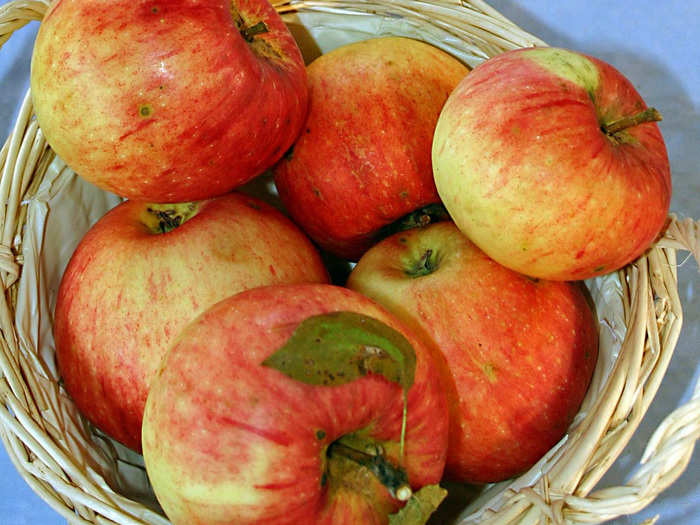
Apples keep for about a week at room temperature, or longer if you put them in the fridge. Some kinds of apples can be stored for much longer (several months) when wrapped individually, kept in an insulated container, and stored in a cool place.
Bananas: Optional
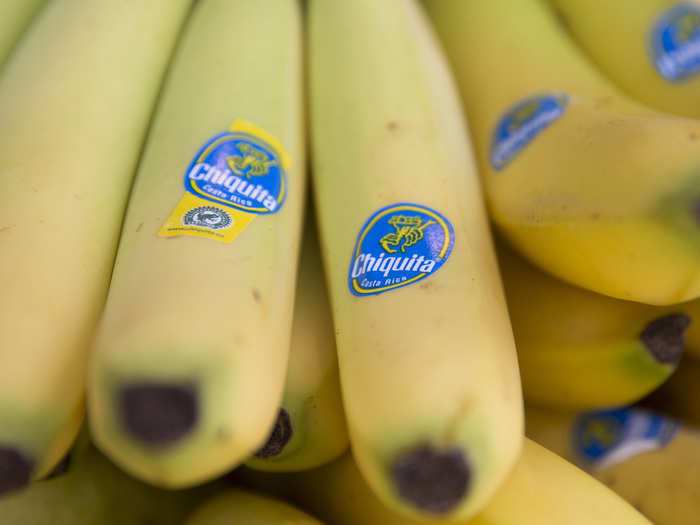
Most people store bananas at room temperature. You can store them in a paper bag with an apple or tomato to make them ripen faster. Storing them in the fridge will make them turn brown, but they will still be good.
Olive Oil: No
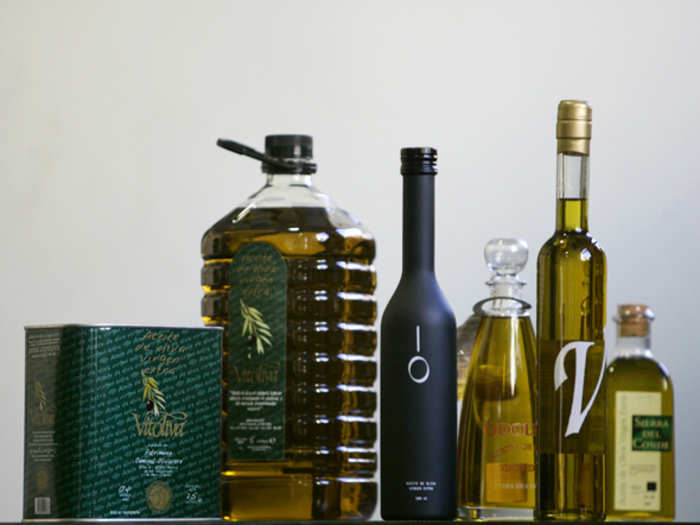
Don't keep olive oil in the fridge because it will solidify, like butter. Ideally you should keep it in a cool dark place outside the fridge.
Garlic: No
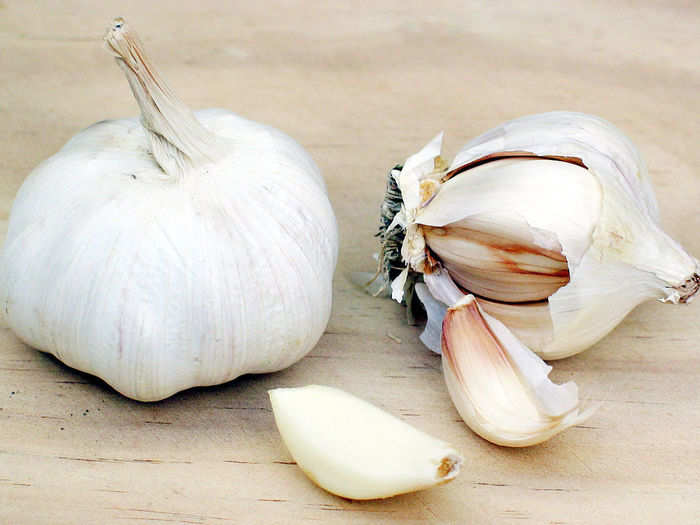
Don't keep garlic in the fridge, because the moisture will make it grow moldy and start to sprout. You should keep it in a cool, dry place.
Potatoes: No
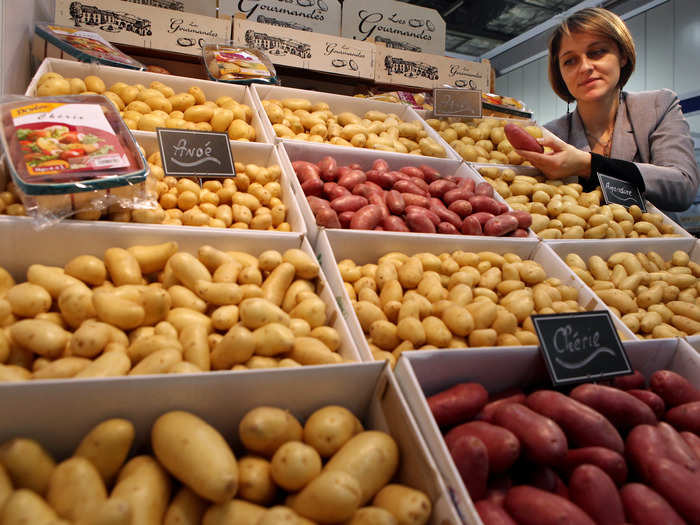
Storing potatoes in the fridge turns their starch into sugar, giving the spuds a sweet but gritty taste. Instead, you should store them in a cool, dark place, like in a paper bag in the pantry.
Milk: Yes
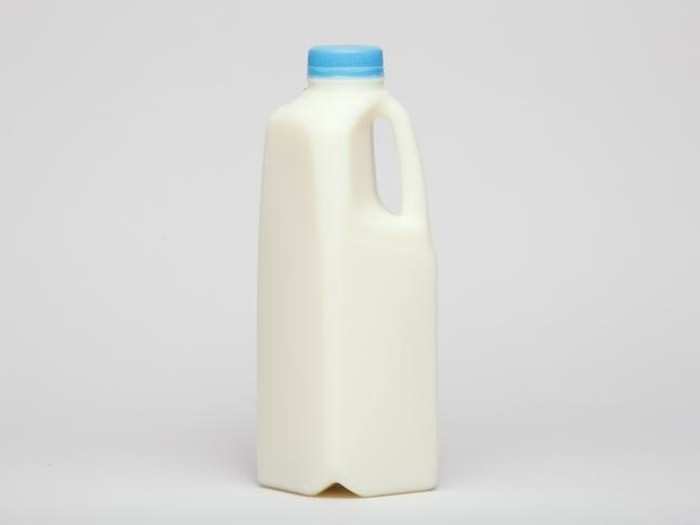
It goes without saying that you should refrigerate milk, to slow the growth of harmful bacteria. The FDA recommends that you never keep milk out of the fridge for more than two hours. Pasteurization (heating milk to kill bacteria) does not mean you don't need to refrigerate it.
Fresh Meat/Fish: Yes
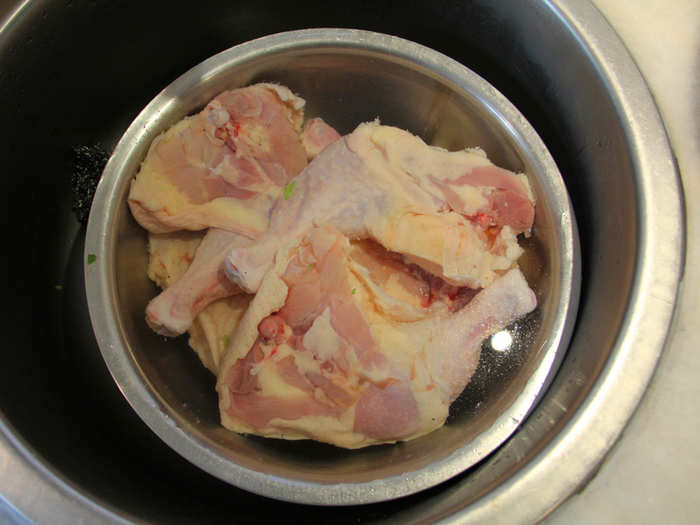
Like milk, you should always refrigerate raw (or cooked) meat, and separate it from other foods to prevent cross-contamination. Here's how long meat is good for in the fridge: Raw ground meats, all poultry, seafood, and variety meats: 1 to 2 days; raw roasts, steaks, and chops (beef, veal, lamb, and pork): 3 to 5 days; and cooked meat, poultry, and seafood: 3 to 4 days. Meat will last several months or more in the freezer.
Popular Right Now
Popular Keywords
Advertisement